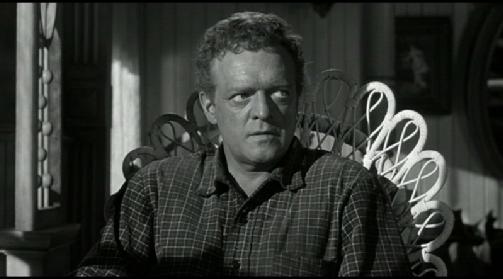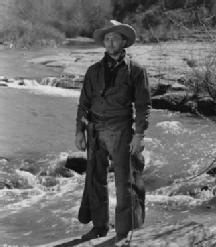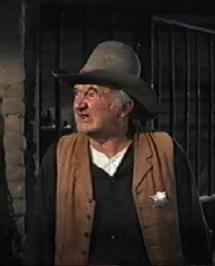Pete Falconer
Thesis title: Melancholy in Hollywood Westerns 1939-1962
Supervisor: Ed Gallafent.
The Western genre is often regarded as a highly conventionalised form and, as such, it has attracted highly conventionalised interpretations. The aim of my research is to use the idea of melancholy to open up new ways of reading Western movies and to draw attention to neglected facets of the genre. I also want to suggest that melancholy is particularly relevant to developing a contemporary perspective on Westerns, looking back on a genre that is no longer a part of the popular mainstream. Melancholy can be both an appropriate response to this retrospective view, and a way of overcoming some of its pitfalls.
With these concepts in mind, I am examining a number of significant structural, thematic and iconographic aspects of Western films in the studio era. These include violence, guns, codes of honour and where and how they break down (with particular focus on back-shooting), melancholy settings (such as towns at night and ruins), old men and the structural and affective functions of music. Each of my chapters is based around a small group of films with a particular theme or feature in common.The period I am covering begins with the revival of the feature Western in 1939, with the likes of Stagecoach and Dodge City and ends with the great retrospective Westerns of 1962, Ride the High Country and The Man Who Shot Liberty Valance. Some of the other movies I am looking at include The Return of Frank James, Blood on the Moon, Rio Bravo and 3:10 to Yuma.



